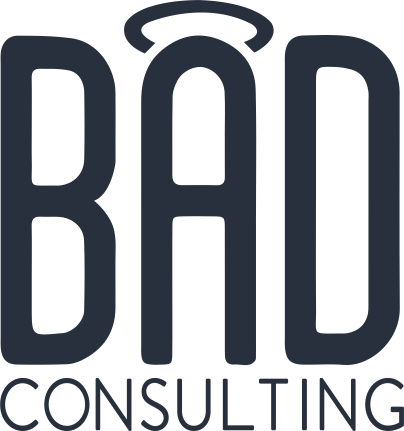I’ve seen clients make loads of mistakes while managing social media consultants. I’ve experienced it personally and through stories from other social media consultants. Luckily, I’ve also had many wonderful clients who have gone above and beyond. That has kept me going over the years.
But the fact remains that even wonderful clients can make mistakes simply because they don’t know. So let’s go over a few of those mistakes and why you want to stop making them.
Expecting the consultant to be on call at all times
This is something that keeps happening to me, and I think I sometimes create this expectation with my actions. If a client messages me, I’m there doing whatever it is they are asking of me. Some of my clients start off expecting this, and some start expecting it after they’ve been with me awhile. In both cases, it can’t be an expectation.
You’re probably thinking, “But you work in social media, so of course they expect you to constantly be available.” Yes, but legally, you cannot expect consultants to be working for you at certain hours. That’s where the line gets crossed and you’re now talking about an employee. I’m not an employee for a very good reason, and that is because I need a flexible schedule. So as soon as these expectations start creeping up, I have to remind clients (and sometimes myself) that it is illegal. But most clients don’t even realize it’s happening and are fine with that nudge.
However, I have had a client who wanted me on a messaging platform for communication. For my own sanity, I always turn off anything that says I’m online on those platforms. The client noticed. Next thing I know I’m getting a note telling me that they expect that to be on and for them to see it on during working hours so they know they can always reach me. I declined, not only for legal reasons but because it felt like the client thought their role was to babysit my time. They didn’t stay my client for much longer, and to be honest, it felt good to let that one go.
Wanting to be the one that schedules social media
A client once wanted me to use their social media management software and then switched it without notice. It was odd, but I tried to make the best of the situation. And then I went into the new software and realized I couldn’t schedule anything. This was new, and when I mentioned that there seemed to be a mistake with my permissions, they replied that there had been no mistake. So not only did they decide on this without my input, but they had decided not to tell me about the change so I had no idea of the new procedures. And as it turned out, they hadn’t thought through the ramifications of this. After spending some time watching the social media program fall apart because no approval procedures were in place, I decided to part ways.
Obviously there were a lot of things that went wrong with this client. But one of the biggest was thinking they could handle the timing aspect of social media. Timing is one of the most important parts of social media, and it really should be left with the social media consultant so they can adjust to the different aspects that might affect the right timing. A client just typically does not have the resources and ability to do it as closely as the consultant.
For that reason, I think if you want the consultant to use your social media management program, then you need to allow them full permissions for posting. For approvals, I prefer to do something outside of the management program, but I do know some allow for a seamless approval process. Just make sure your social media consultant has the ability to schedule or else things will fall apart.
Thinking you’re in a superior position to the consultant
All of the worst clients I’ve had have thought they were in a superior position to me. Regardless of whether it’s true, it’s the wrong attitude to bring to a client-consultant relationship. It really gets in the way of getting things done.
I’m not saying you shouldn’t give direction. What I am saying is that you should always come at it like you are on equal footing with the social media consultant. And you should bring them into discussions early so they can give feedback based on what they are seeing online. If you wait until the parts of a campaign are basically done, then it starts getting problematic. Images aren’t quite right, the campaign’s tone may be off or there may be an assumption that social media does something that it absolutely does not. All of that can be dealt with early on if the social media consultant is dealt with as an equal and brought in as early as possible in the process.
It’s easy to make lots of mistakes along the way. And it’s okay to make those mistakes as long as you learn from them. In the end, as long you respect your social media consultant, it will be absolutely fine. You will get through it all together.
What mistakes have you seen a client made? And what mistakes have you seen a social media consultant make?

